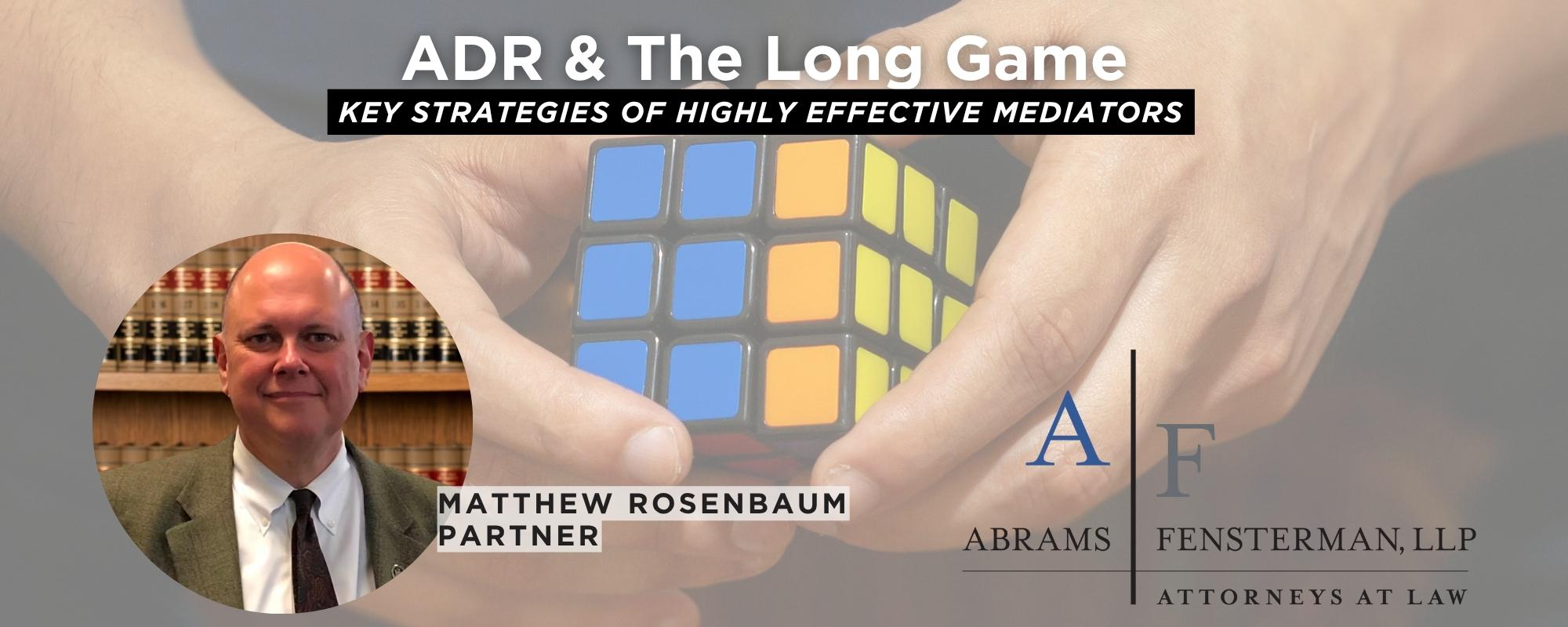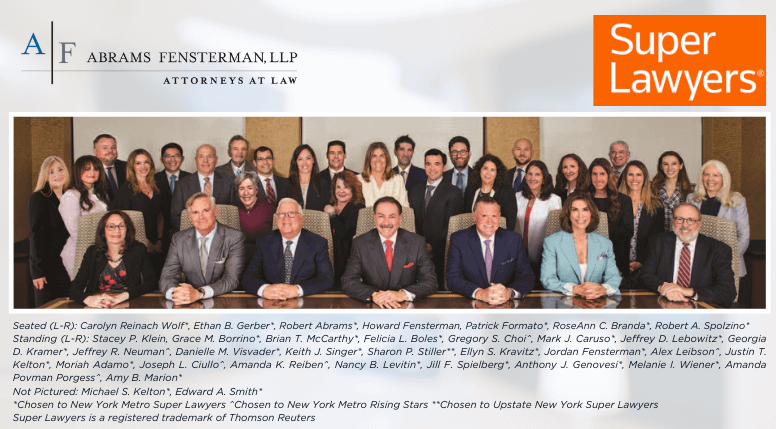
Recently, I conducted a complex commercial mediation involving two well established entities. At the outset, the parties were $4.75 million apart. Previous to this mediation, I conducted a high level personal injury case where the parties were $7 million apart. In both cases, I spoke to the parties about using “the long game” strategy, and in both cases, the mediations were a success.
PATIENCE IS KEY
Patience is critical in mediation. Courts, under pressure to reduce caseloads, often push early mediation—even when cases aren’t ready. Rushing can backfire, deepening conflict. Mediators must wait until all parties are at least somewhat willing to engage, then carefully assess how to proceed with each side to foster meaningful progress.
Make Time for Preparation
Preparation is essential. An unprepared mediator reflects poorly on the process. Reviewing the case in advance helps identify key nuances, improves mediator confidence, and fosters smoother sessions. A well-prepared mediator handles tough issues calmly and ensures parties feel their time and money are valued.
UNDERSTANING THE SPEED AT WHICH EACH PARTY IS MOVING
A good mediator should be able to almost immediately gauge if a party is either motivated to settle or on a fact finding mission. That doesn’t mean the case won’t settle; it assists the mediator in developing his own strategy and how to effectively communicate with the parties.
Be Open to Continuing the Mediation
Roadblocks don’t mean failure—they’re often a chance to pause and revisit later. Even small signs of progress can signal hope. A mediator’s persistence encourages parties to stay engaged, and continuing mediation is far less costly than going to trial. Showing commitment to the process reinforces the possibility of a successful resolution.
COOLING OFF PERIOD
Cooling-off periods can be instrumental in the success of a mediation. When tensions rise or parties feel misunderstood, stepping away allows time to reflect. A skilled mediator recognizes when space is needed and avoids pushing too quickly. Instead, they encourage thoughtful reevaluation and periodically check in—reminding both sides of the benefits of settling. Time can soften positions and reopen the door to resolution.
UNDERSTAND EACH PARTY’S PERSPECTIVE
Understanding each party’s position is critical for an effective mediator. Parties rarely see the case the same way, but this disconnect offers an opportunity. A good mediator listens closely to each side, builds trust, and relates to their concerns. This connection opens the door for the mediator to offer new perspectives—helping the parties stay engaged and keeping the mediation on track.
Hon. Matthew Rosenbaum (ret.) is a retired NYS Supreme Court Justice and Chair of the ADR Practice group at Abrams Fensterman, LLP. Over his career, he has resolved thousands of cases, both small and highly complex. Mr. Rosenbaum works out of the firm’s Rochester office.




